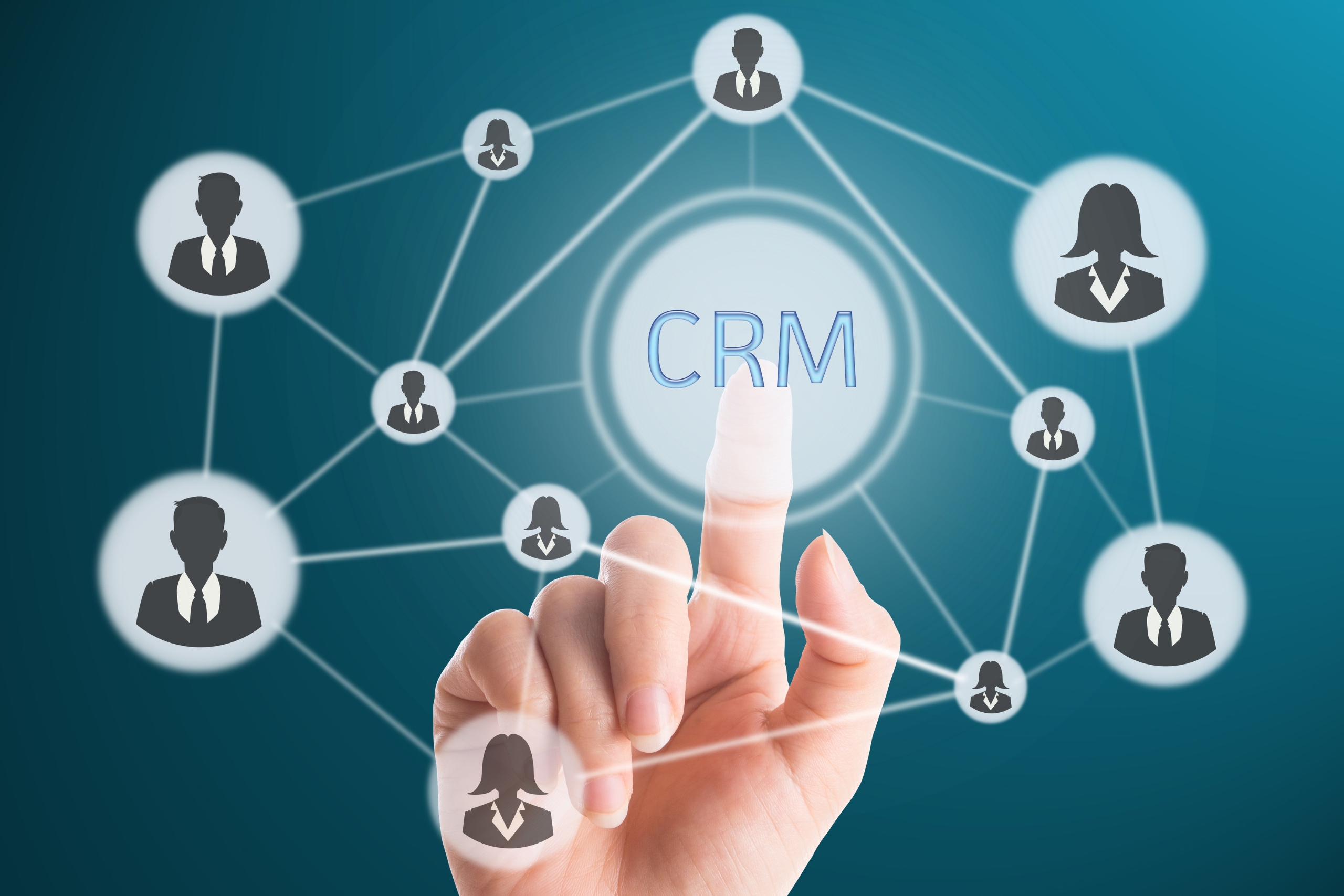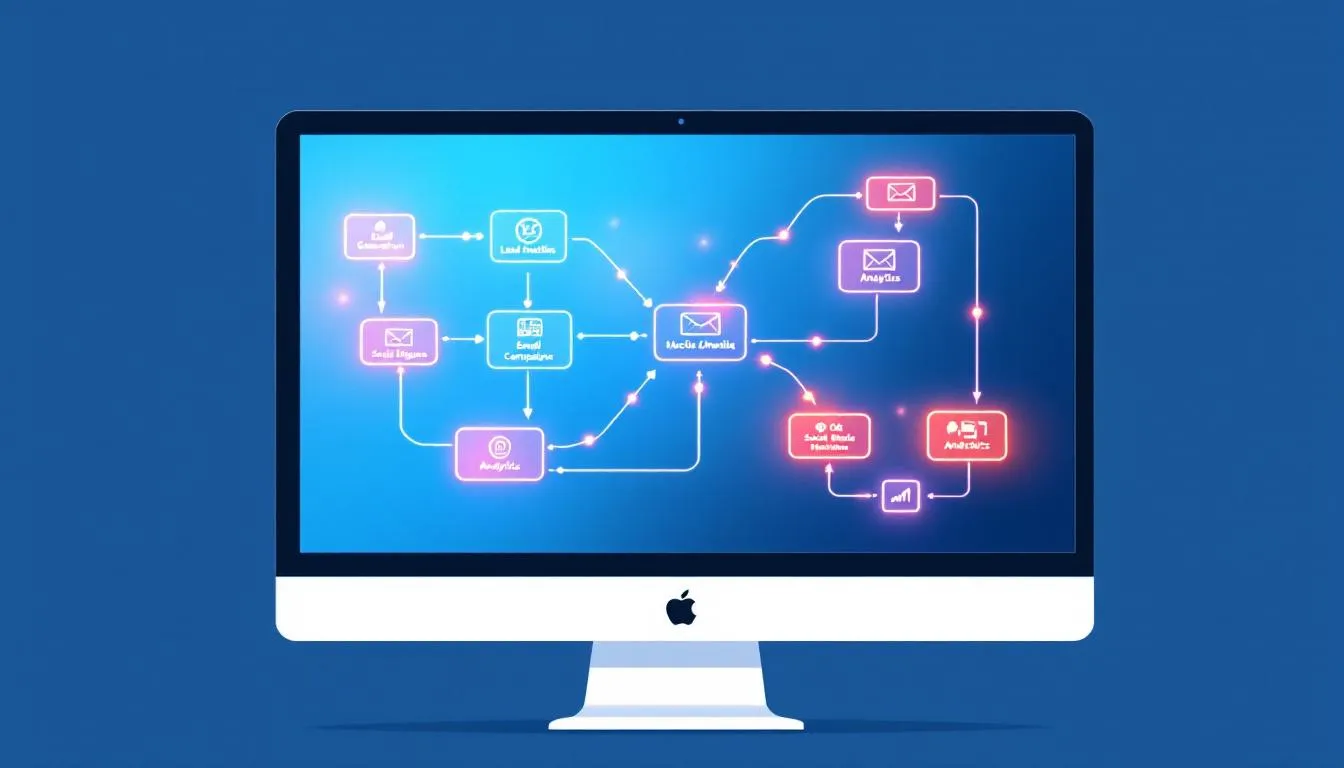As an agency grows, it quickly takes on more tools, platforms, and ways to interact with clients. When business grows quickly, things that used to work for a few clients can quickly become a mess. The Customer Relationship Management (CRM) system at the firm is at the heart of handling all of this complexity. Still, the CRM isn’t enough on its own; it needs to work well with all of the other tech the firm uses. CRM integration benefits are what give the system its real value. They turn it from a simple database into a powerful growth engine. Agencies can make an efficient, data-driven operation that grows without losing its human touch by linking their marketing, sales, communication, and reporting tools.
Unifying Tools For Greater Efficiency
A lot of companies use more than one tool to do different things, like email marketing, project management, data, and talking to clients. These tools can be useful on their own, but most of the time they work together. When data isn’t integrated, it gets broken up, which causes people to do the same work twice, miss important information, and take longer to make decisions.
When you connect these tools to the CRM, everything is in one place. Client data moves easily between systems, so changes don’t have to be done by hand all the time. Leads may fill out a form on a landing page, and their information will be delivered to the CRM immediately away. The CRM may then send them a welcome email and let the sales staff know, all without them having to do anything further. When teams work together thus successfully, they remain on the same page and don’t miss any chances.
Delivering A Better Client Experience
Integration alters how things function within the firm and how customers feel about it. When all of a company’s tools are connected, it can work quicker, communicate to consumers more simply, and provide them accurate, up-to-date information.
So, if a buyer sends a support ticket, the CRM that goes with it may reveal all of their prior contacts, marketing data, and purchase history immediately away. This allows the team respond straight away with clear, well-thought-out replies. You may earn your clients’ confidence over time by showing them how well you work. As businesses develop, they need to preserve this personal touch to keep clients and stand out in a competitive market.
Having customers also means having a CRM that works nicely with other apps. If you want to maintain your customers for a long time and establish trust with them, read Building A Client Retention System With CRM. It speaks about how leveraging data and making things more distinctive may keep people engaged.
Creating A Foundation For Sustainable Growth
As a firm gains more customers and tasks, scalability becomes more and more vital. Using CRM lets you complete more work without reducing the quality. When tasks are automated, outcomes are provided straight away, and users can share access to data, teams can get more done.
If you prepare the merger ahead of time, you may prevent the complications that come up when you attempt to utilize items that don’t go together. Getting new clients is easy, campaigns may keep going, and teams don’t have to do everything by hand. They may instead concentrate on developing plans. This makes a safe setting for growth.
Conclusion
Companies that want to grow need to integrate with CRM. It’s not a nice-to-have. It’s clear that CRM integration benefits will help: it will boost productivity, improve customer service, and lay the groundwork for future growth. When agencies connect their CRM to tools for marketing, sales, and communication, they get the most out of their teams and technology. This smooth flow of information makes sure that nothing is missed and that every client gets the care they need. Because the business world changes so quickly, companies that are open to integration can grow and still meet the high standards their clients expect.




